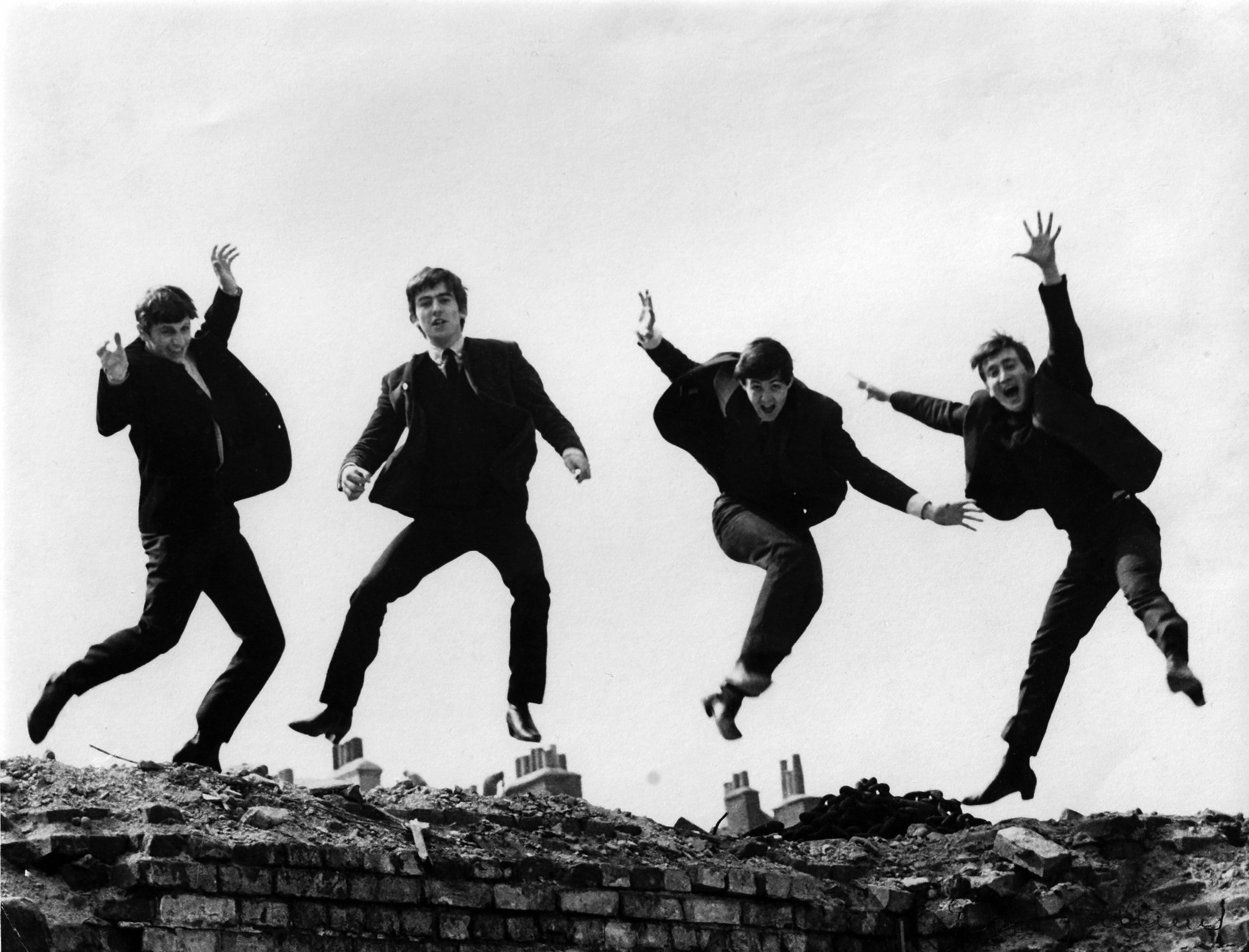
3 Beatles Songs That Were Banned by the BBC for Referencing Drugs
The Beatles had many songs that referenced drugs, often stirring up controversy with the BBC and radio censorship. The BBC didn’t catch every reference and often misinterpreted lyrics for being about drugs when they weren’t. A few of the band’s songs were banned for other reasons, but these songs got in trouble for supposedly alluding to drugs.

Here are 3 Beatles songs banned for allegedly referencing drugs
‘Lucy in the Sky With Diamonds’
Even today, many associate “Lucy in the Sky With Diamonds” with psychedelic drugs. The title appears to be an acronym for LSD. The song doesn’t directly reference drugs, but the BBC believed the title was enough evidence to ban it from the radio. In an interview on The Dick Cavett Show, John Lennon explained that the song wasn’t about drugs and was based on a drawing by his son, Julian.
“It never was [about LSD] and nobody believes me,” Lennon said. “This is the truth: My son came home with a drawing and showed me this strange-looking woman flying around. I said, ‘What is it?’ and he said, ‘It’s Lucy in the sky with diamonds,’ and I thought, ‘That’s beautiful.’ I immediately wrote a song about it. The song had gone out, the whole album had been published and somebody noticed that the letters spelled out LSD, and I had no idea about it. … It wasn’t about [LSD] at all.”
‘A Day in the Life’
“A Day in the Life” is rather ominous as it speaks on death and war combined with an uncanny string section. However, what turned the BBC off was the line, “I’d love to turn you on,” which they believed to be the band advocating for the use of drugs. According to Rolling stone, McCartney knew this line could get The Beatles in trouble when he put it in the song.
“This was the time of Tim Leary’s ‘Turn on, tune in, drop out’ and we wrote ‘I’d love to turn you on,’” McCartney explained. “John and I gave each other a knowing look: ‘Uh-huh, it’s a drug song. You know that, don’t you?’ Yes, but at the same time, our stuff is always very ambiguous and ‘turn you on’ can be sexual so… c’mon!”
‘Being for the Benefit of Mr. Kite’
“Being for the Benefit of Mr. Kite” is one of the lesser-known songs by The Beatles from Sgt. Pepper’s Lonely Hearts Club Band, but it still drew the attention of the BBC. The song was banned for the character, “Henry the horse,” which the BBC believed referred to heroin. However, in his 1980 Playboy interview with David Sheff, Lennon said the origin of that name came from a Victorian poster he saw that promoted a circus.
“The whole song is from a Victorian poster, which I bought in a junk shop,” Lennon explained. “It is so cosmically beautiful. It’s a poster for a fair that must have happened in the 1800s. Everything in the song is from that poster, except the horse wasn’t called Henry. Now, there were all kinds of stories about Henry the Horse being heroin. I had never seen heroin in that period. No, it’s all just from that poster. The song is pure, like a painting, a pure watercolour.”


